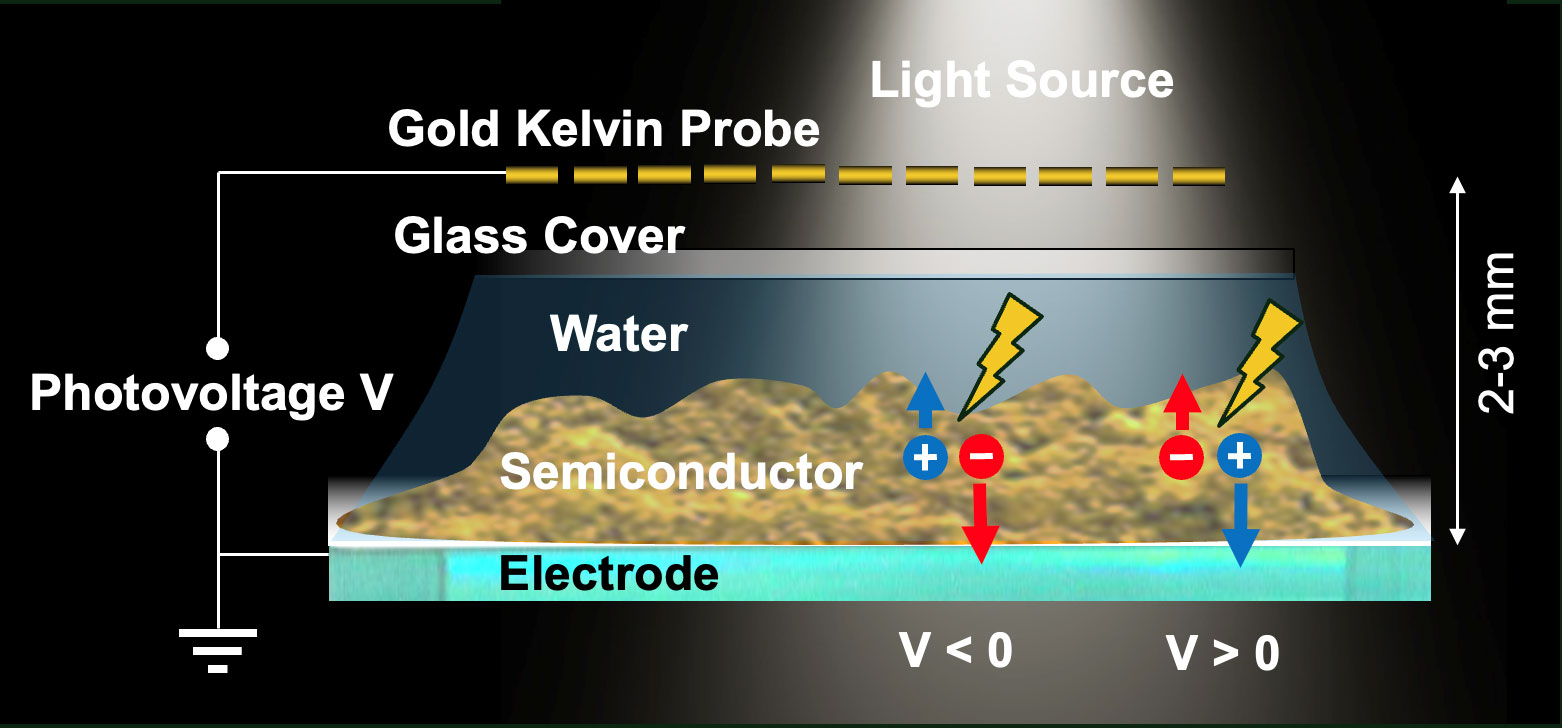Basic Energy Sciences (BES) supports fundamental research to understand, predict, and ultimately control matter and energy at the electronic, atomic, and molecular levels in order to provide the foundations for new energy technologies and to support DOE missions in energy, environment, and national security. The BES program also plans, constructs, and operates major scientific user facilities to serve researchers from universities, national laboratories, and private institutions. The BES program funds work at more than 160 research institutions through the following three Divisions:
- Materials Sciences and Engineering Division
- Chemical Sciences, Geosciences, and Biosciences Division
- Scientific User Facilities Division
The research disciplines that the BES program supports—condensed matter and materials physics, chemistry, geosciences, and aspects of physical biosciences—are those that discover new materials and design new chemical processes. These disciplines touch virtually every aspect of energy resources, production, conversion, transmission, storage, efficiency, and waste mitigation. BES research provides a knowledge base to help understand, predict, and ultimately control the natural world and serves as an agent of change in achieving the vision of a secure and sustainable energy future.
The energy systems of the future—whether they tap sunlight, store electricity, or make fuel from splitting water or reducing carbon dioxide—will revolve around materials and chemical changes that convert energy from one form to another. Such materials will need to be more functional than today’s energy materials. To control chemical reactions or to convert a solar photon to an electron requires coordination of multiple steps, each carried out by customized materials with designed nanoscale structures. Such advanced materials are not found in nature; they must be designed and fabricated to exacting standards using principles revealed by basic science.








